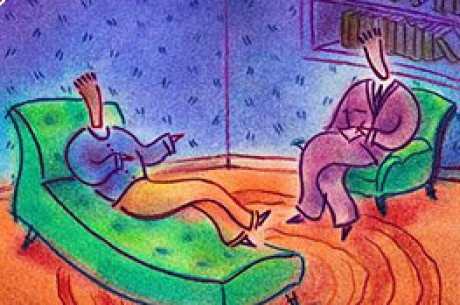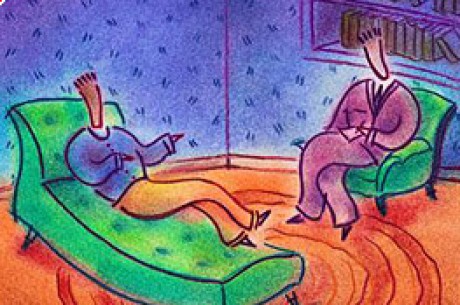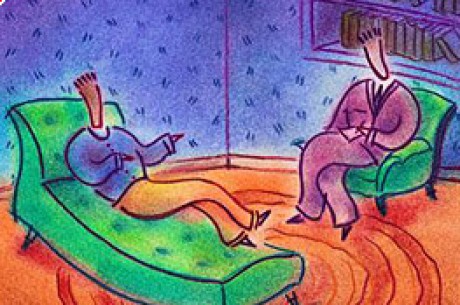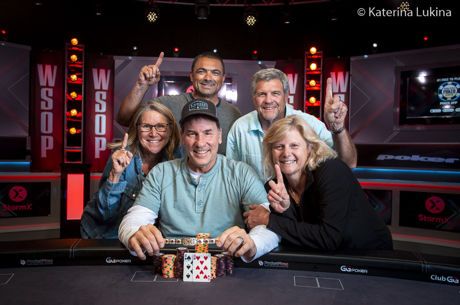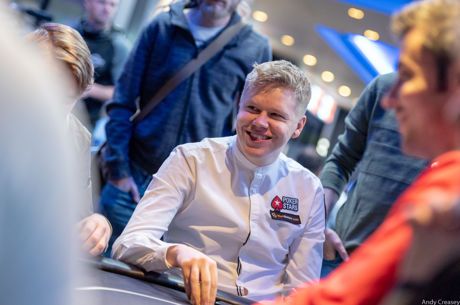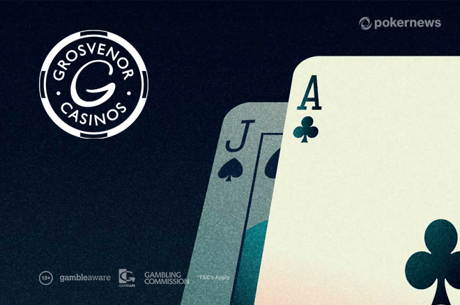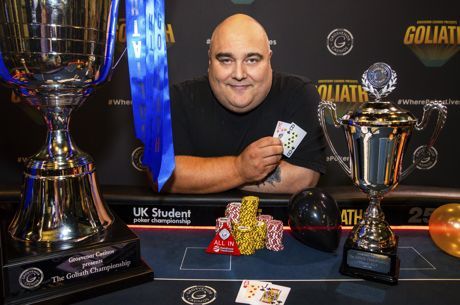The Poker Counselor's Corner (47)
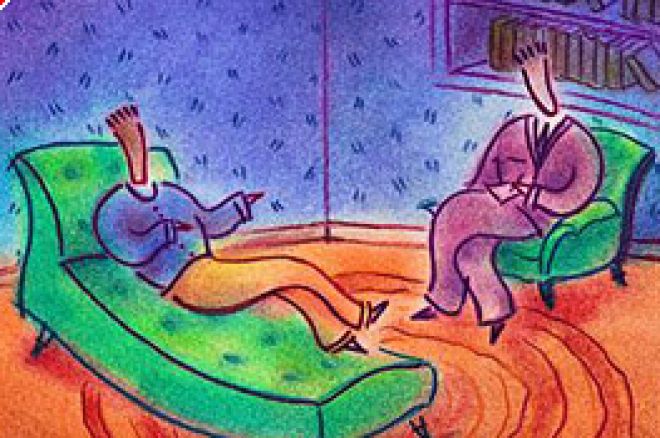
Editor's Note: In addition to being a poker enthusiast, gambling columnist, and lecturer, John is a National Certified Counselor (NCC). He has a Master of Arts degree in Counseling from West Virginia University, and a Bachelor's degree in Psychology with a minor in Sociology from Lock Haven University. You can arrange for interviews, speaking engagements, or ask your question to "the Poker Counselor" at [email protected]
This might sound crazy, but I think I play better when I act really quickly. I see the professionals taking 5 minutes or more to make a call or raise sometimes. If I try to sit and think for a longer time, I almost always make the wrong move. When I just make a quick play, it seems to be the right move more often. -Posted at online forum by Gary Gee
There are a few factors playing into the thought processes on this question. First, allow me to address the point that pros seem to take a long time to make a decision to call, fold, or raise. While it is true that you can see pros going into the "deep think tank" during nearly all televised tournaments, we must realize that these TV tournaments are not always indicative of their normal play. Cash games and tournaments are two different games altogether. Almost any pro would risk their entire cash game stack in a heartbeat with pocket Jacks or Queens pre-flop. If they happen to run into pocket rockets, they'd shrug their shoulders and reach into their pockets for a new stack of one-hundred dollar bills. Tournaments (at least ones not in the re-buy stage) do not follow suit. Instead, professionals understand the vital importance of chip management and patience at these tables. The pros have a keen focus on the biggest money spots, the final table. In many of the more prestigious events, the pros have their goal set for the champion's spot in order to secure the bracelet, trophy, and/or recognition that goes with the win. With that in mind, tournament play in major televised tournaments will produce many more thought-inducing moments that any regular cash game.
As for the fact that acting quick is more reliable, that seems to fall in line with the adage of "think long, think wrong." It seems that emerging poker players are not often confident in their poker instincts. That initial burst that compels us to act in a certain way is our instincts beckoning. The mind has made an initial judgment based on a myriad of combined factors. The problems is that many of the factors which go into that initial read are suspect or flimsy - a hunch, a passing look that may have been a tell, sketchy memories of the opponents past play, a guess on the mindset or emotions of the opponent, etc. As you take time to review, your brain systematically challenges every basic and implied assumption that has been made. With the hunch effectively discredited by the more critical/analytical mind, a new decision is made. Unfortunately, the instincts that you hoped to reply upon have been uprooted. Each player must find that delicate balance where the appropriate weight is given to one's instincts. At this point, it seems as if the writer of this question needs a push to allow his poker instincts to play a larger factor in his decision making process. Never act foolishly quick, as it may be emotions (or ego) driving the quick call. Take a few minutes to sort out instincts, reads, odds, and information. Your goal in taking time is not to discount your instincts. Your goal is to take your initial instinct into consideration with all of the other pieces of the puzzle.
It may be a redundantly silly question, but I'll ask it anyway. What's the best advice for someone who always seems to go on tilt or lose it when they suffer a bad beat? - Emailed by Vince, a poker blogger
I have touched on these concepts before, but variations of this question remain as one of the most popular in my email inbox. I cringe when I see a key word interlaced into this particular question: always. If you always seem to be tilting, there is indeed a rather serious issue. If it is occasional & only after especially tough circumstances, it is more easily addressed and overcome. At the root of the most frequent tilters is an insecure poker player. Most players play for ego, pride, and personal validation as much/more than for the money. With that, losing a pot is more than just losing some chips as it is a personal attack on one's self-worth. Much of the problem in tilting comes before the bad beat occurs, as it is instead in the anticipation and projection. We foolishly assume that the pot is ours when we see attractive hole cards. When our opponent catches his two outer on the River, he's stolen "your" pot. This is difficult for the mind and ego to handle. So, combating tilt involves some intense mental exercises. First, you must prevent projecting a hand to be "yours" until the last card is dealt. We have to remember that Hold 'Em is a 7 card game, not just the 2 in your hand. Next, you have to disallow the common mental error of internalizing a bad beat. A horrible River card is not a personal attack. Taking a bad beat does not make you a bad player, and it is not a punishment from the poker gods. The "Why Me" cycle of self-pity and outwardly directed anger is fruitless and personally damaging. Bad beats happen. Disappointment is an ok reaction and is understandable, but tilting is not acceptable. Boil it down to find the root of your tilt. I bet that underneath much of the negative emotionality is a poker player that is looking for validation. You want the odds & luck to stay on your side to somehow prove to yourself and the world that you are a worthy, formidable player. Be confident, be strong, and be prepared for some tough losses to avoid tilting. When they inevitably occur, see it as a challenge and not as total devastation.
Keep those questions coming!! [email protected]
